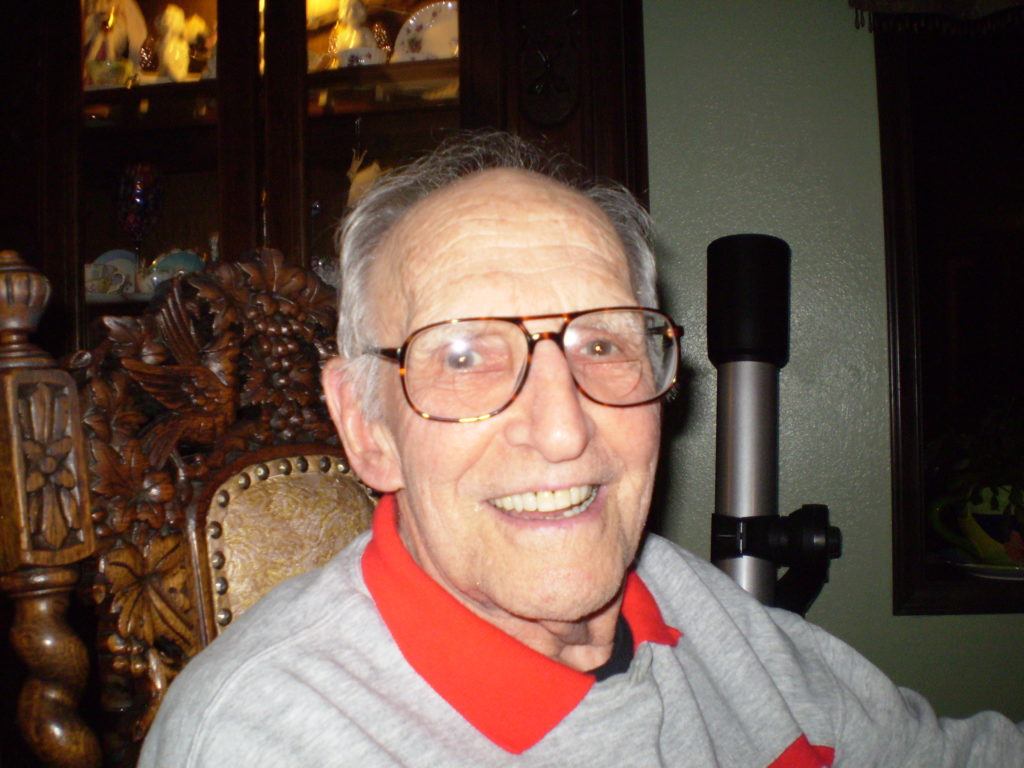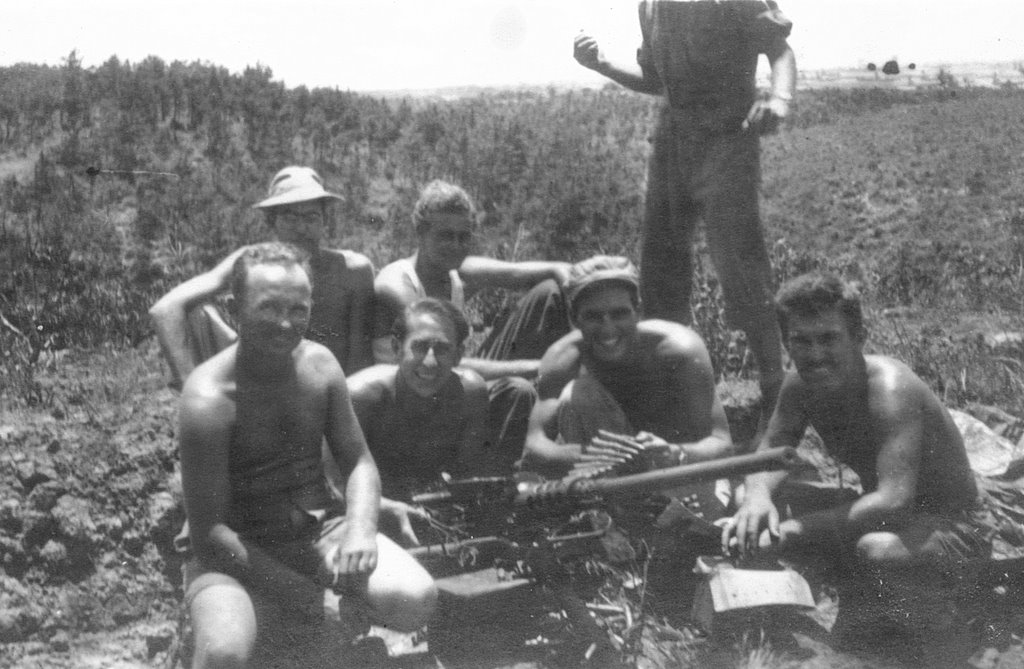According to the time clock on the video, the service took 17 minutes and 12 seconds, give or take a second.
With the transport of the ashes to the new columbarium, columbarium 13 the friends and family that came to see my father for the last time was in and out of Punchbowl in one hour flat.
One hour to say goodbye to someone that was born in the greatest generation, and lived through seven more generations while on earth. From the Silent generation to what is now called “Gen Alpha”.
A person who lived through a World War, economic booms, busts, moves, divorces, marriages, fatherhood, home ownership, a high-end executive and an expat who lived overseas.

PC: Fichtman family collection
You cannot encompass a life like that in one hour. Although the people at the service did symbolize the different eras of my father’s life. From family – all of my siblings and I brought our families back to Hawai‘i for the service – to friends, they embraced a memory of a person that touched them to the point where they wanted to come, and say goodbye.
The service was not full of wailing, crying people, but of young, middle aged, older, military people, airline people, Jaycee people. They all came to pay homage to a man who lived through all that life and somehow, as Howard Cosell said about Frank Sinatra in 1974, “never found a gap”.
It was colorful. After all, on the obituary that announced the service, it did say “Attire: anything but black”. In the spirit of Hawai‘i, those attending did come in color – and provided it of what was a somewhat overcast day, with threatening showers that never came.
And at the end, it was a celebration. Even the internment of the ashes into the niche at the columbarium was one where many came to see the event. An event of which my brother Bruce, my sister Rose, and I quietly with a kiss on the urn, put our father in his final resting place.
As he would have wanted it to be, a nice, simple ceremony with some people around, and no fanfare. This for a man who went from the streets of Washington Heights in New York, where his father was a butcher, to being the top of leadership of one of the most prestigious airlines in Hawai‘i – Aloha Airlines.

PC: Fichtman family collection
A man who was a high speed teletype operator, which he told his kids about, and a man who was a master sharpshooter – something he never told his kids about.
A man who came back from war, tried out for the New York Giants as a pitcher, but got waylaid by an injury in his arm.

PC: Fichtman family collection
A man who was told by his father to get a real education with that GI Bill that Uncle Sam gave him after his service in World War II. A gift in which he obtained his aircraft and powerplant license – giving him a career that spanned 50 years in commercial aviation.
A father who loved his children above even himself. A father that would scold, but also sympathize, sometimes all in the same breath.
A husband who, through no words of his own, taught both of his sons the value of loving a wife, embracing love and protecting that family at whatever costs. He taught how to love during the healthy times, and showing the pain when he had to say goodbye to his beloved wife – my mother – Joanne.
And finally, a person that loved to drive a Cadillac, but in his older age was content to buying a Ford Taurus. His reasoning? He didn’t want to look pretentious.
That is a man whom my family, his friends and a few others, came to say goodbye to on February 5, 2020. But the goodbye was not the beginning of the end, but truly an end of a beginning. For he was the father of three children, who all are grown up, have jobs, raise their own families and keep their own homes. Our Pop lives in my sister, my brother, and I, along with our families, to continue a legacy of Stanford Fichtman.
